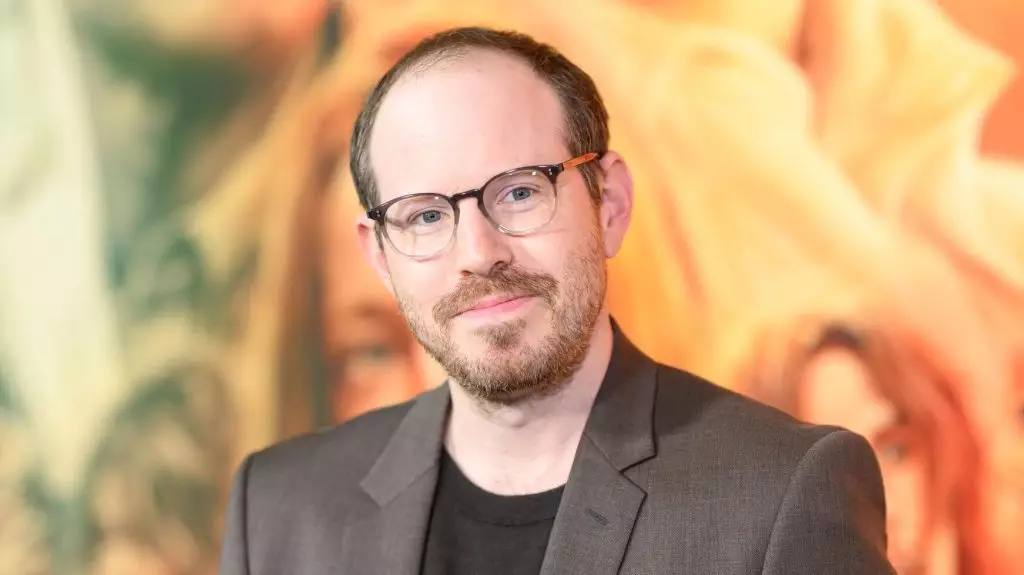Artificial intelligence, heralded as the pinnacle of technological progress, is masquerading as a tool for innovation, yet beneath this facade lurks a sinister uncertainty. While proponents champion it as a leap toward a brighter future, critics—like visionary filmmaker Ari Aster—warn of a profound existential threat: the rampant, unchecked worship of AI as a divine entity. This obsession signals a dangerous shift from cautious development to an almost religious reverence, eroding human agency and increasingly blurring the lines between reality and illusion. We are caught in a moral blind spot, dismissing the darker implications of surrendering control to an entity that evolves without moral compass or accountability.
The Eroding Boundaries of Reality
Extricating ourselves from the comfort of familiarity, AI’s capabilities are advancing at an alarming pace, rendering human oversight nearly obsolete. The horror lies not just in the technology itself but in our collective acquiescence. When creative minds and engineers treat AI as a divine force—worshiping it rather than guiding it—the danger escalates exponentially. We risk losing the capacity to distinguish authentic experiences from artificially generated facsimiles. This erosion of reality not only threatens personal identity but also destabilizes the social fabric that sustains democracy, truth, and trust. The more we adapt to these manipulated realities, the more insidious their influence becomes, subtly transforming societal norms and perceptions.
The Moral Dilemma and Lack of Control
The political landscape underscores the peril; legislative battles over AI regulation reveal how deeply entrenched and volatile this issue is. The fact that powerful interests are circumventing restrictions underscores a troubling trend: technology being propelled forward without oversight or ethical consideration. Aster’s reflection that AI is less uncanny than we wish it to be underlines a perilous normalization of synthetic life. As AI-generated videos and images become indistinguishable from the real thing, questions about authenticity and consent become increasingly blurred. Humanity’s blind acceptance—alongside corporate and political capitulation—reveals a perilous relinquishing of agency, pushing us toward a future where conventional notions of truth are destabilized.
Why We Must Rethink Our Relationship with AI
This isn’t merely about technological progress; it’s a fundamental contest over what it means to be human. The current trajectory suggests a disturbing tendency to elevate AI beyond its utility, transforming it into an object of reverence akin to a deity. Such ideological shifts threaten to diminish human dignity and critical thinking—traits vital for moral and social cohesion. If we fail to challenge this worship and impose thoughtful regulation, we risk ceding control to a technology that neither understands morality nor cares for human values. It is imperative that society recognize AI’s potential to enslave rather than empower us—if it isn’t already doing so—and demand accountability, transparency, and ethical governance before it’s too late.


Leave a Reply